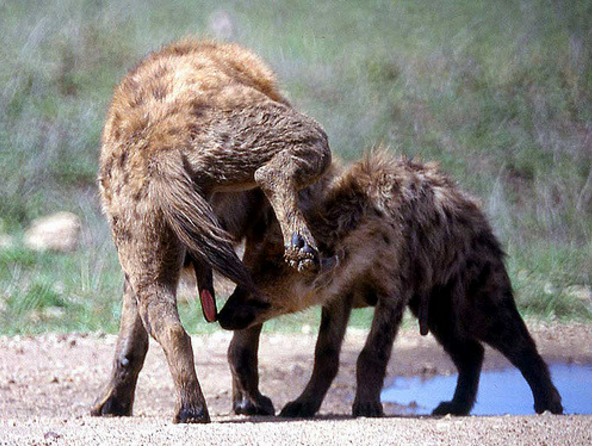
by BioEdge | Mar 9, 2016 | Site Content
Crocuta crocuta photo © David Bygott Pseudopenis of spotted hyena is a penis in form but not in function The difference between anatomical origin and evolved application is exemplified by the peniform clitoris of the spotted hyena. This clitoris resembles...
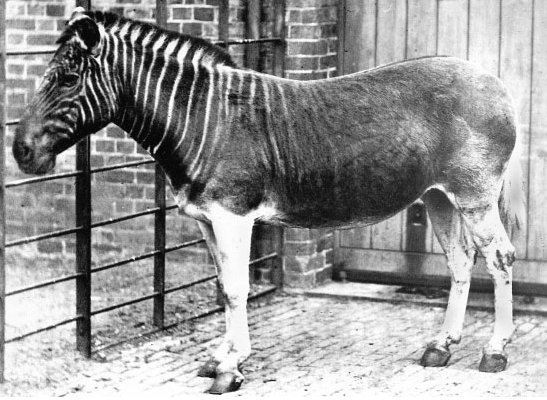
by BioEdge | Mar 9, 2016 | Site Content
Equus quagga quagga photo © Frederick York Extinct quagga as a non-consorter Unlike all other subspecies of the plains zebra, the extinct quagga probably did not consort with wildebeests. This is because the quagga lacked disruptive striping and was so much larger...
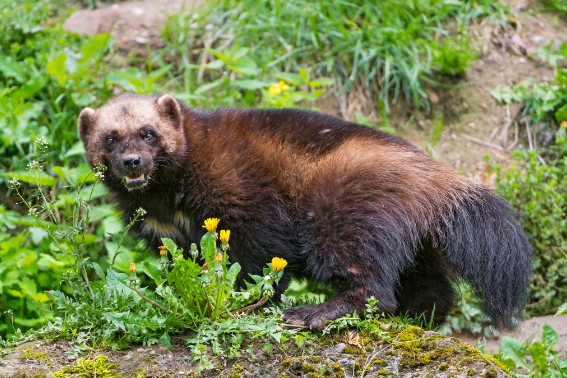
by BioEdge | Mar 9, 2016 | Site Content
Gulo gulo photo © Tambako The Jaguar Subconscious photographic challenge of wolverine The wolverine has been photographed surprisingly frequently for such a rare and inaccessible species. The attraction is mystical, symbolic and personal rather than aesthetic,...
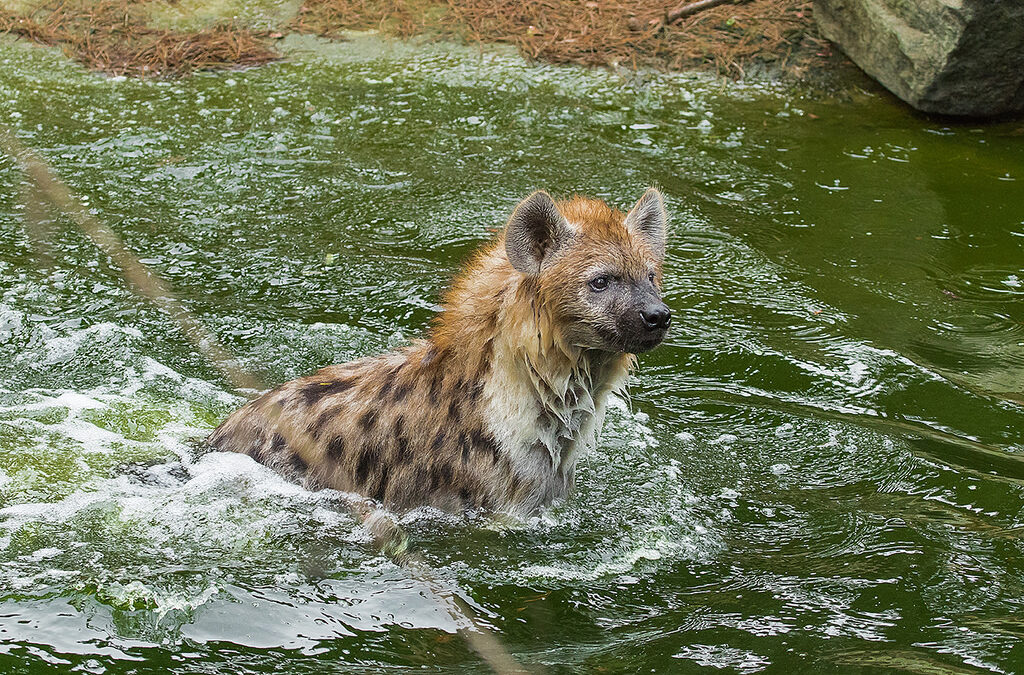
by BioEdge | Mar 9, 2016 | Site Content
Crocuta crocuta photo © bzd1 Aquatic affinity of spotted hyena The spotted hyena sometimes emulates crocodiles in caching and retrieving food at the bottom of pools. This behaviour seems maladaptive in African national parks where the Nile crocodile is both competitor...
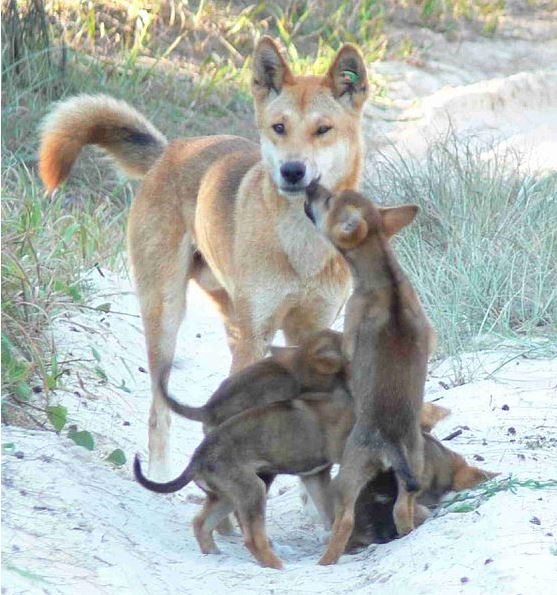
by BioEdge | Mar 9, 2016 | Site Content
Canis familiaris dingo photo © PartnerHund.com Dingo cannot logically be descended from wolf The dingo, although not fully wild, is classified as a subspecies of the wolf. This is, however, incorrect because the dingo is colour-polymorphic whereas the wolf was, in its...
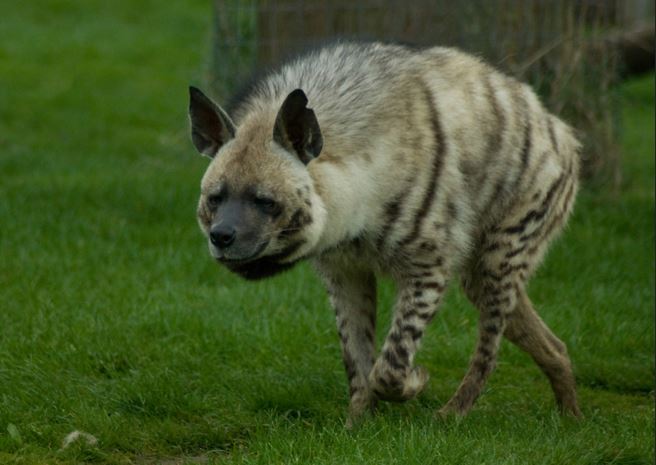
by BioEdge | Mar 9, 2016 | Site Content
Hyaena hyaena photo © Spencer Wright Striping makes even a hyena photogenic The striped hyena has been photographed surprisingly frequently for such a rare, shy and inaccessible species that is disdained by most people. This is because the pattern of stripes –...







